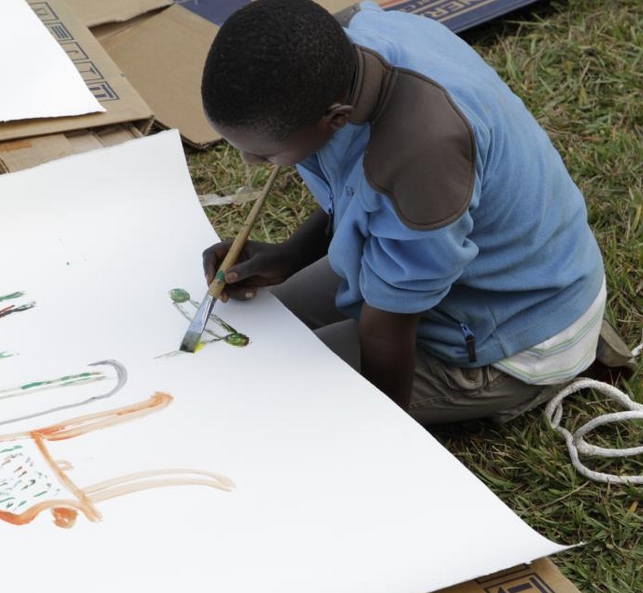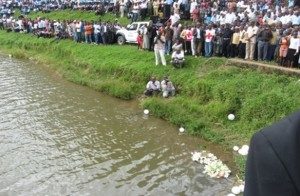
It is estimated that between five and twenty thousand women were raped and bore children of that rape during the genocide. Children born of these rapes – referred to in their villages as ‘children of the interahamwe‘, or ‘children of bad memories’ – are most often identified with the perpetrator, and suffer isolation and abuse from their communities and former friends once the circumstances of their birth become known, leading many to drop out of school.
This situation is worsened by the fact that their domestic situations are often extremely tense, due to hostility between mother and child, and an absence of emotional support. Economic factors also harm their educational prospects – as they were born after the end of the genocide, they are not eligible for financial or educational support through the Government Assistance Fund for Vulnerable Survivors (FARG).
Many of their mothers are genocide widows, and economically inactive, meaning that they cannot afford to fund their children’s education. As a result of this, there exists a significant cohort of young Rwandans who, without specialist assistance, are likely to drop out of secondary education. Even if they stay in education, they remain an extremely marginalised group whose educational prospects are likely to suffer without support.
It is for this reason that the education support provided by Foundation Rwanda to these children born to women raped during the genocide is so important. Supporting the work of Foundation Rwanda in Rwanda over the next fortnight is a Capstone Team from the NYU Wagner School of Public Service. We wish them well!
PS: You can support the work of Foundation Rwanda, and support the education programme too, even in a small way, by purchasing the Colour Rwanda book. Thank you.

